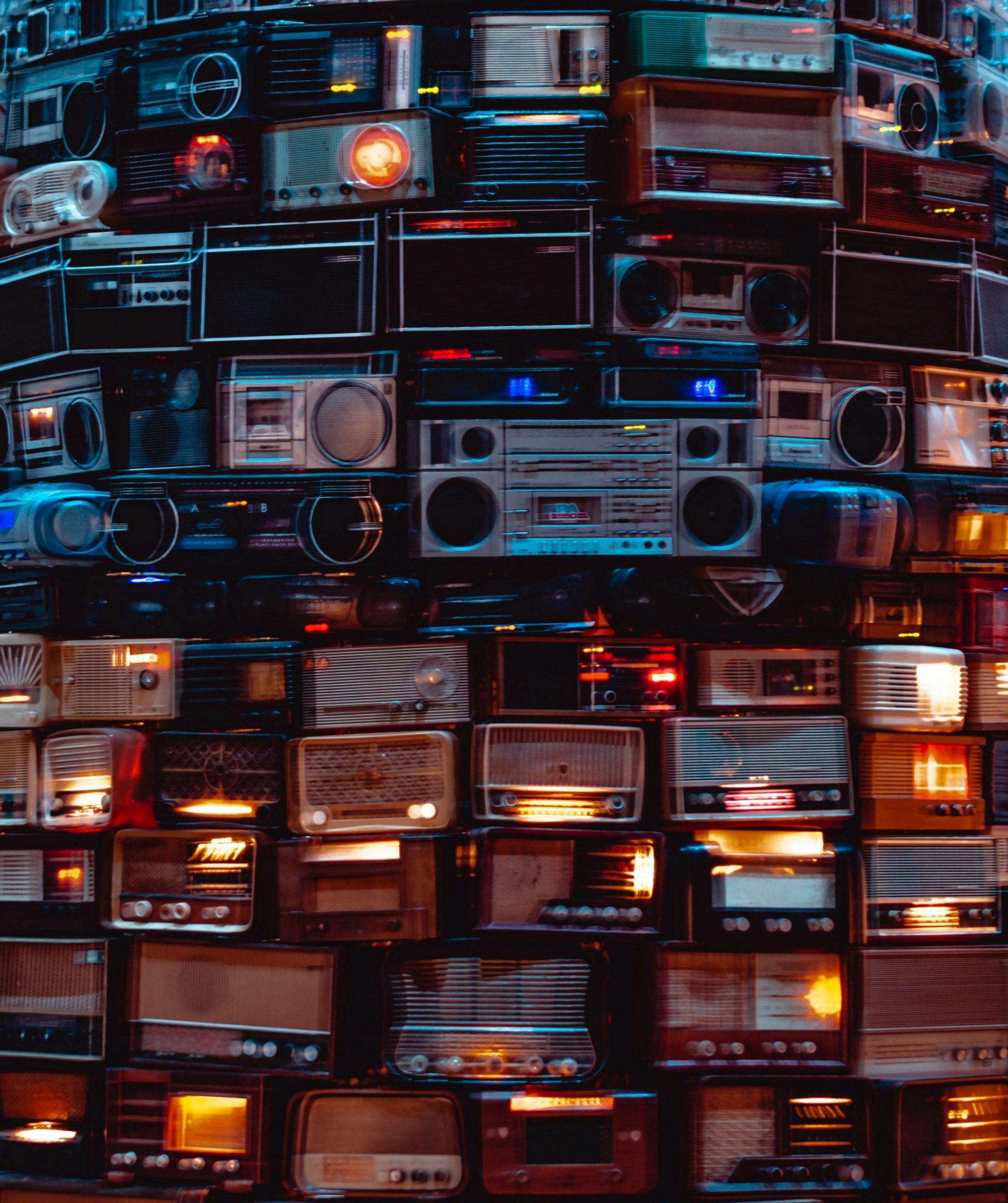Retirement has never had a precise agepoint in the creative industries. Practitioners, certainly improvising musicians, often go on far longer than in other fields, for a number of reasons, from artistic integrity to financial necessity; or in Sonny Rollins’ case, an unflagging dedication to their life’s work. He was still playing as a sprightly octogenarian, his silver halo afro giving him the distinct air of Nigerian literary giant Wole Soyinka, who may well have dubbed the American ‘The lion with the jewel’ as a poetic portrait to the rather more prosaic picture of ‘bebop’s last man standing.’
Rollins’ withdrawal from public stages eight years ago could not go unnoticed, given his iconic status and the fact that new generations of listeners and musicians alike were intent on getting close to the essential history embodied by this peer of Miles, Monk and Trane, who decisively enriched ‘horn culture.’ Now 90 years old, Rollins no longer performs. The saxophone colossus is silent. Yet he still has much to say.
“Well, it’s not a matter of my choice,” he says candidly of his current state of affairs, on a clear line to New York. “It was a health issue and I had to stop. It was a very difficult period that I went through when I realised that I couldn’t play my instrument anymore.
“I used to be quite disappointed with life… it took me some time to really handle it. It wasn’t easy. But eventually I accepted it. As a matter of fact I’ll celebrate the fact that I did have a career and I was able to do music all of my life.”
That statement is not to be taken lightly given the fact that Rollins started playing the saxophone when he “was around seven or eight years old, something like that”, which means that the instrument had been a steadfast companion, underpinning his growth from childhood to adolescence to the late stage of adulthood. Given his immersion in what another one of his visionary collaborators, Max Roach called the ‘universe of vibrations’ it is no surprise that Rollins is now reluctant to lend an ear to rhythm, harmony and melody, primarily because they no longer represent creative possibility.
“I’ve listened to music all my life and a lot of listening to music in my case has to do with being a performer, and I would be thinking about ways to transpose my listening to my work,” he says, before giving forlorn food for thought.
“I love music of course, but I don’t listen any more. I hear music, but I don’t set out to listen. It’s too frustrating to listen to music when I can’t participate fully as I once did in my life. ”
Here is the link to this post:


